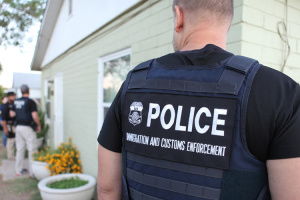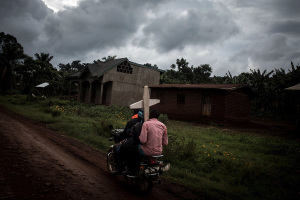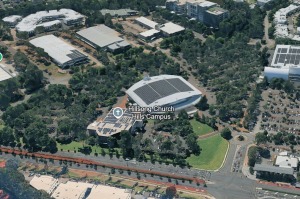WikiLeaks Exposes Nigeria for Releasing Known Terror Suspects
A U.S. diplomatic cable released by WikiLeaks shows that Nigeria has been responsible for releasing 18 known suspects of terrorism.
The country released the known terror suspects in 2008 in a program known as “Perception Management” that is run by Nigeria’s State Security Service.
The release of the suspects was allegedly carried out so as to placate elders in the country’s northern region that is highly populated by Muslims.
The leaked cable also suggests that Nigeria released the suspects in an attempt to save face and avoid garnering international attention as a “safe-haven” for terrorism.
The cable depicted that Nigeria's top Muslim leader, the sultan of Sokoto would work quietly to mitigate extremism, and that imams and traditional leaders would also work with extremists as parole officers in an attempt to reform them.
Upon the release of the cable, spokesperson for the Nigerian secret police, Marilyn Ogar, told AP that much has changed about the Perception Management program over the past few years, however, he did not comment on the leaks.
The oil rich and most populous country on the African continent faces several forms of terrorism on its soil including bombing of oil pipelines, kidnapping of foreign workers, and attacks directed at the country’s feuding Christian and Muslim population.
Beyond the WikiLeaks cable, other concerns about the way Nigeria and other countries face suspects of terrorism have emerged with the release of the new news.
Following the 9/11 attacks on American soil, countries across Africa adopted anti-terrorism laws to deal with the threat of terrorism, however, analysts worry that the laws have been manipulated by politicians and used to harass their opponents.
Richard Downie of the Washington-based Center for Strategic and International Studies has said that there is a “worrying trend in sub-Saharan Africa in recent years, and that’s the growing tendency of governments to pass sweeping anti-terrorism laws and then to use them not only in legitimate efforts to arrest and prosecute terrorism suspects, but often as a weapon against regime opponents in general.”
Concerns about extra-judicial killings and unlawful conduct have worried human rights activists across the region and raised questions as to how much anti-terrorism laws actually serve to protect citizens, or whether they open the floodgates to make people more vulnerable to political persecution.



























